Language
Recent articles
Are brains and AI converging?—an excerpt from ‘ChatGPT and the Future of AI: The Deep Language Revolution’
In his new book, to be published next week, computational neuroscience pioneer Terrence Sejnowski tackles debates about AI’s capacity to mirror cognitive processes.
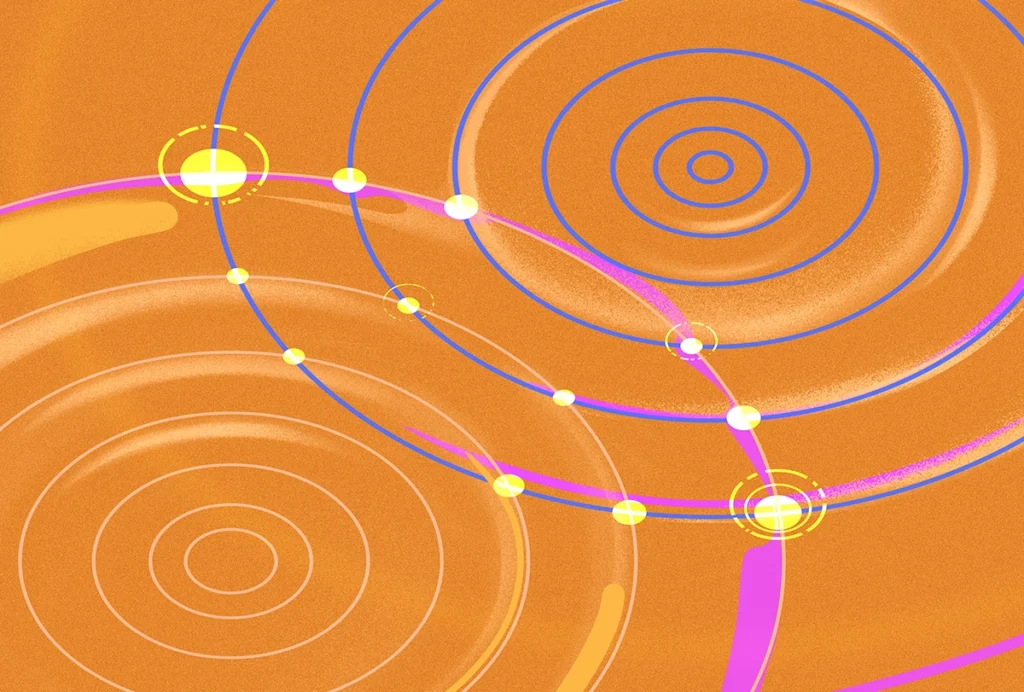
Are brains and AI converging?—an excerpt from ‘ChatGPT and the Future of AI: The Deep Language Revolution’
In his new book, to be published next week, computational neuroscience pioneer Terrence Sejnowski tackles debates about AI’s capacity to mirror cognitive processes.
Pinning down ‘profound autism’ for reliable research: Q&A with Matthew Siegel
A clear and actionable definition for the term could enhance research and improve care, Matthew Siegel says.

Pinning down ‘profound autism’ for reliable research: Q&A with Matthew Siegel
A clear and actionable definition for the term could enhance research and improve care, Matthew Siegel says.
Can an emerging field called ‘neural systems understanding’ explain the brain?
This mashup of neuroscience, artificial intelligence and even linguistics and philosophy of mind aims to crack the deep question of what "understanding" is, however un-brain-like its models may be.

Can an emerging field called ‘neural systems understanding’ explain the brain?
This mashup of neuroscience, artificial intelligence and even linguistics and philosophy of mind aims to crack the deep question of what "understanding" is, however un-brain-like its models may be.
Some minimally verbal autistic people show signs of written-language familiarity, study suggests
But researchers not involved in the work worry the findings could be used to support discredited facilitated-communication techniques.

Some minimally verbal autistic people show signs of written-language familiarity, study suggests
But researchers not involved in the work worry the findings could be used to support discredited facilitated-communication techniques.
Brain connectivity and letting the data speak with Emily Finn
The Dartmouth College researcher talks about her quest to understand behavior and doing neuroscience “in the woods.”
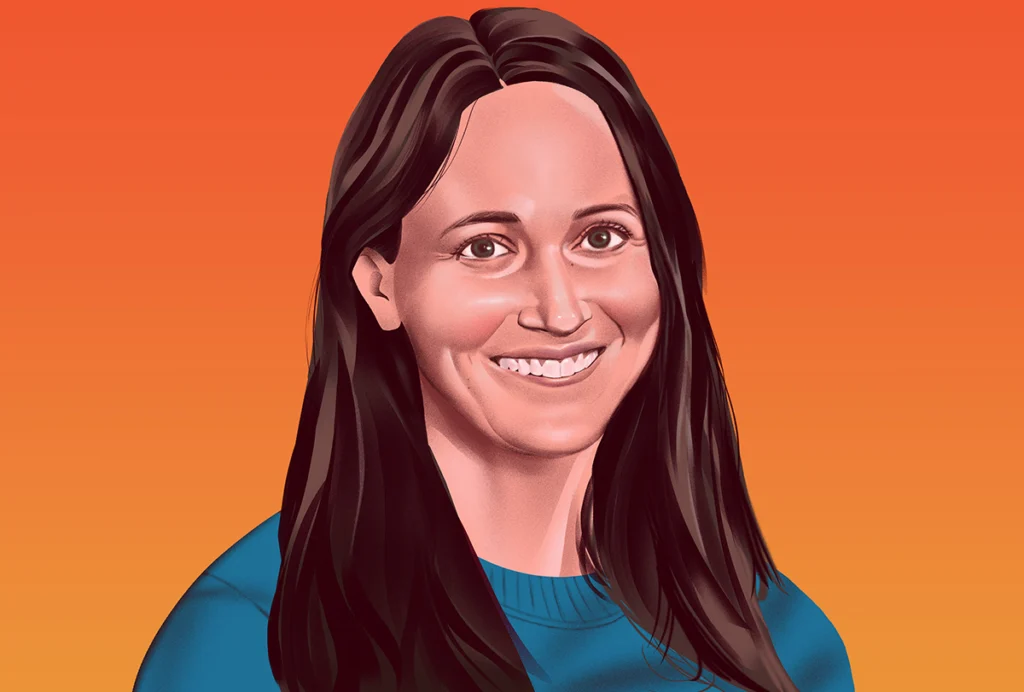
Brain connectivity and letting the data speak with Emily Finn
The Dartmouth College researcher talks about her quest to understand behavior and doing neuroscience “in the woods.”
Individual neurons tune to complex speech sounds and cues
Neuropixels arrays implanted in people reveal nuances of speech perception and production that confirm results from brain-surface recordings and can even predict what someone is about to say.
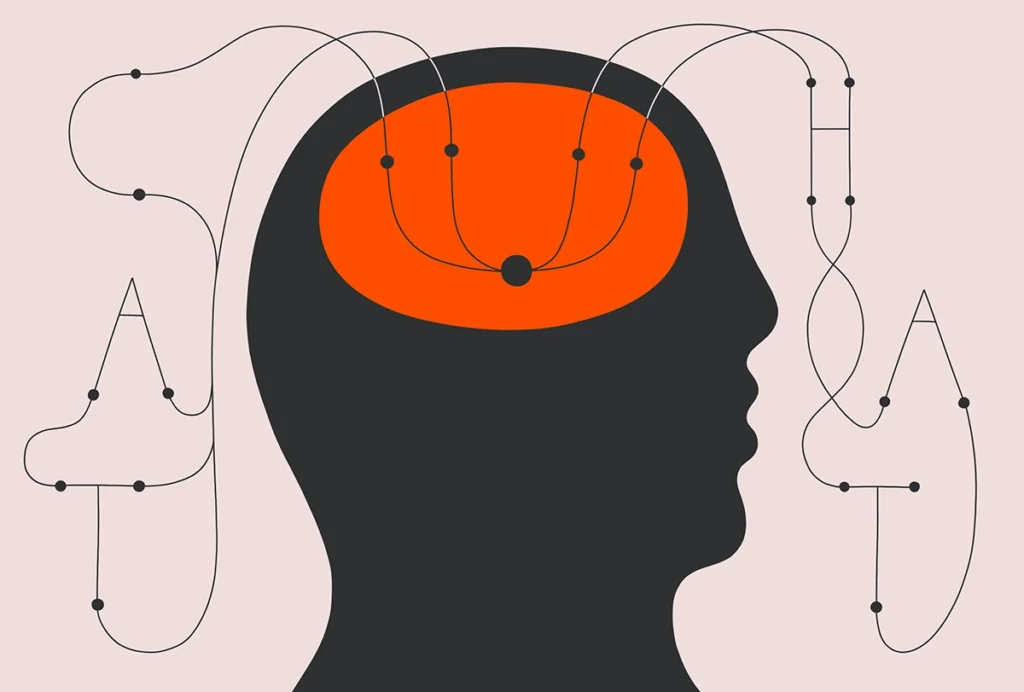
Individual neurons tune to complex speech sounds and cues
Neuropixels arrays implanted in people reveal nuances of speech perception and production that confirm results from brain-surface recordings and can even predict what someone is about to say.
Autism-linked perturbations converge on cell skeleton and RNA-binding proteins
The findings solidify the idea that autism-linked mutations affect brain activity by way of several key shared mechanisms.
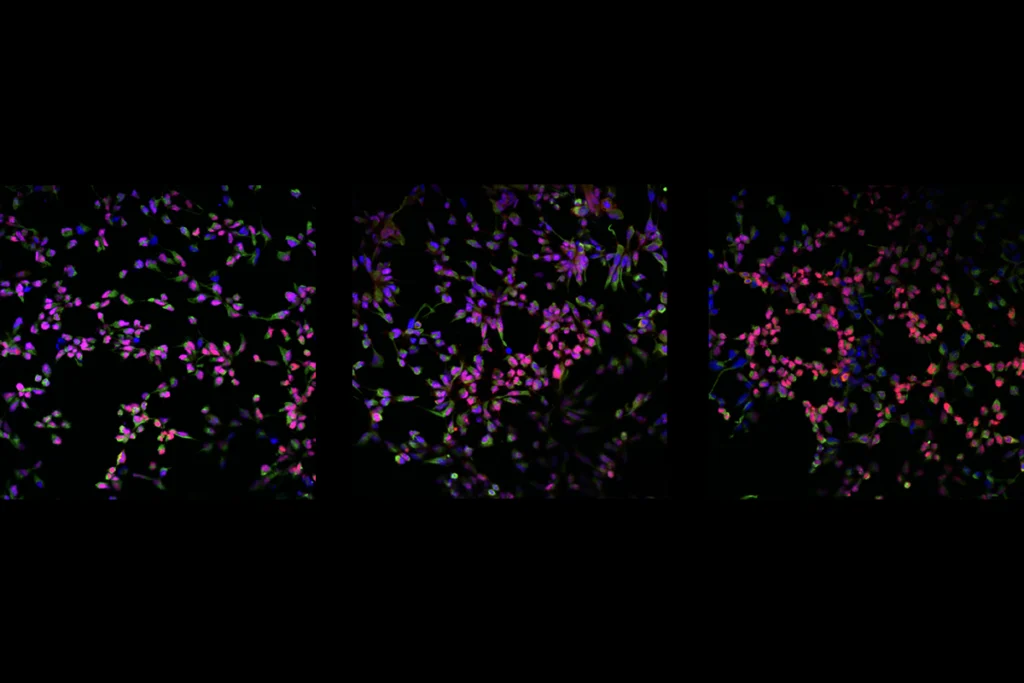
Autism-linked perturbations converge on cell skeleton and RNA-binding proteins
The findings solidify the idea that autism-linked mutations affect brain activity by way of several key shared mechanisms.
Controversial dyslexia study marred by methodological and ethical problems, researchers say
Subsequent studies have also failed to validate a range of products based on the work.
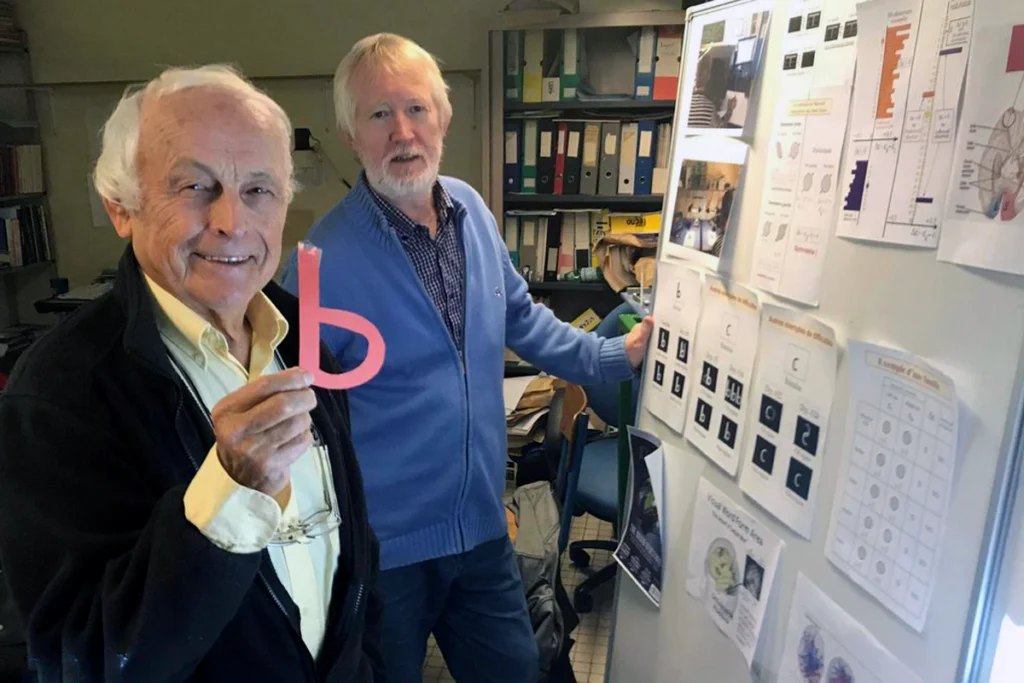
Controversial dyslexia study marred by methodological and ethical problems, researchers say
Subsequent studies have also failed to validate a range of products based on the work.
Autism research hits the road
Some scientists are thinking creatively about how to collect data in flexible environments and meet communities where they’re at.
Autism research hits the road
Some scientists are thinking creatively about how to collect data in flexible environments and meet communities where they’re at.
Debate unfurls over inclusivity and authenticity in research involving minimally verbal autistic people
Autism researchers can’t agree on how far to go to validate the input they gather from minimally verbal autistic people who use certain communication devices.
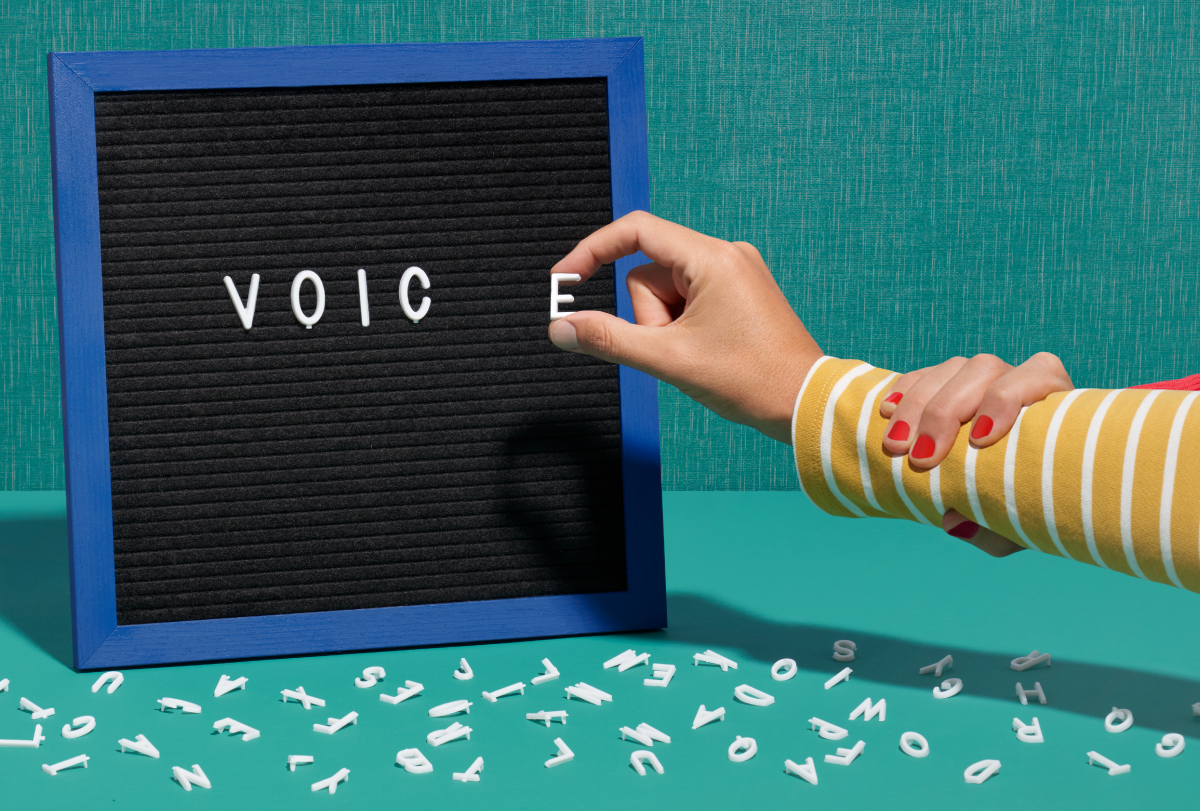
Debate unfurls over inclusivity and authenticity in research involving minimally verbal autistic people
Autism researchers can’t agree on how far to go to validate the input they gather from minimally verbal autistic people who use certain communication devices.
Explore more from The Transmitter
David Krakauer reflects on the foundations and future of complexity science
In his book “The Complex World,” Krakauer explores how complexity science developed, from its early roots to the four pillars that now define it—entropy, evolution, dynamics and computation.
David Krakauer reflects on the foundations and future of complexity science
In his book “The Complex World,” Krakauer explores how complexity science developed, from its early roots to the four pillars that now define it—entropy, evolution, dynamics and computation.
White-matter changes; lipids and neuronal migration; dementia
Here is a roundup of autism-related news and research spotted around the web for the week of 13 January.
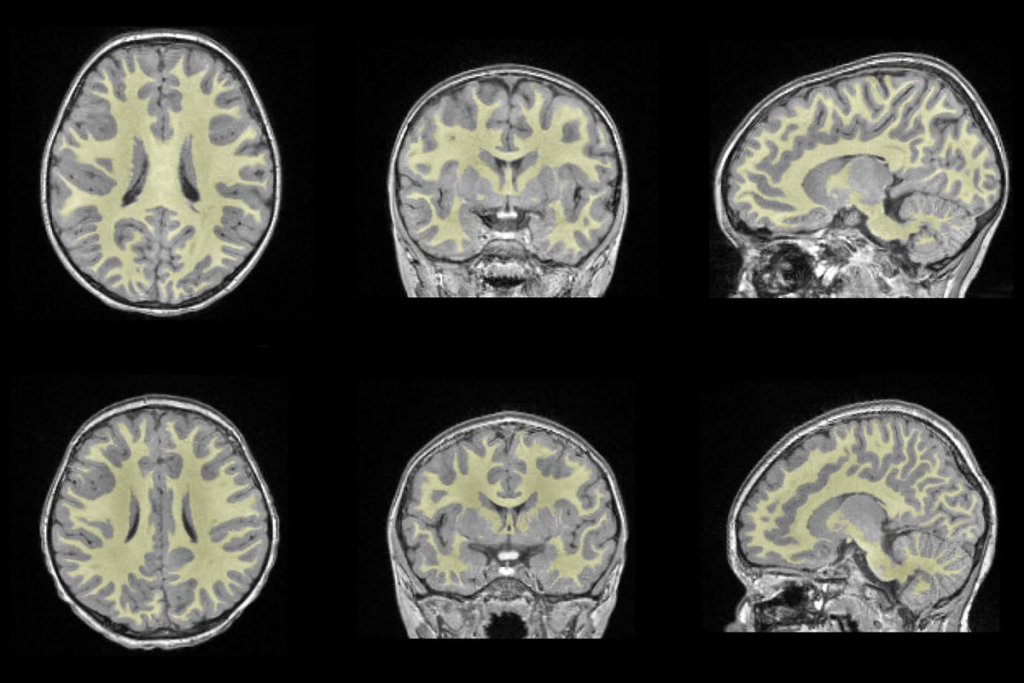
White-matter changes; lipids and neuronal migration; dementia
Here is a roundup of autism-related news and research spotted around the web for the week of 13 January.
Fleeting sleep interruptions may help brain reset
Brief, seconds-long microarousals during deep sleep “ride on the wave” of locus coeruleus activity in mice and correlate with periods of waste clearing and memory consolidation, new research suggests.

Fleeting sleep interruptions may help brain reset
Brief, seconds-long microarousals during deep sleep “ride on the wave” of locus coeruleus activity in mice and correlate with periods of waste clearing and memory consolidation, new research suggests.